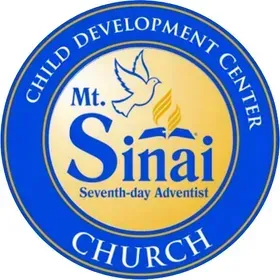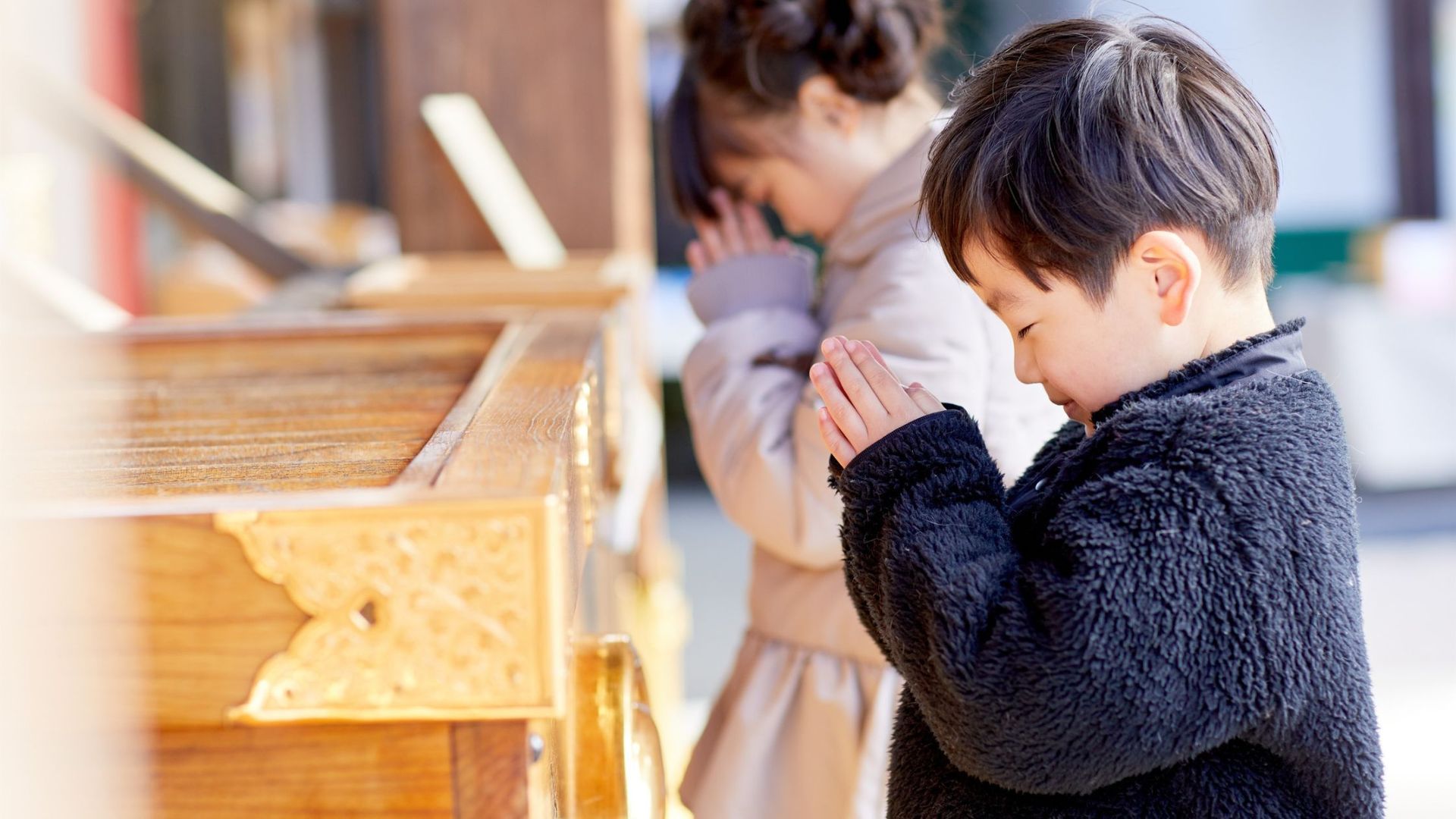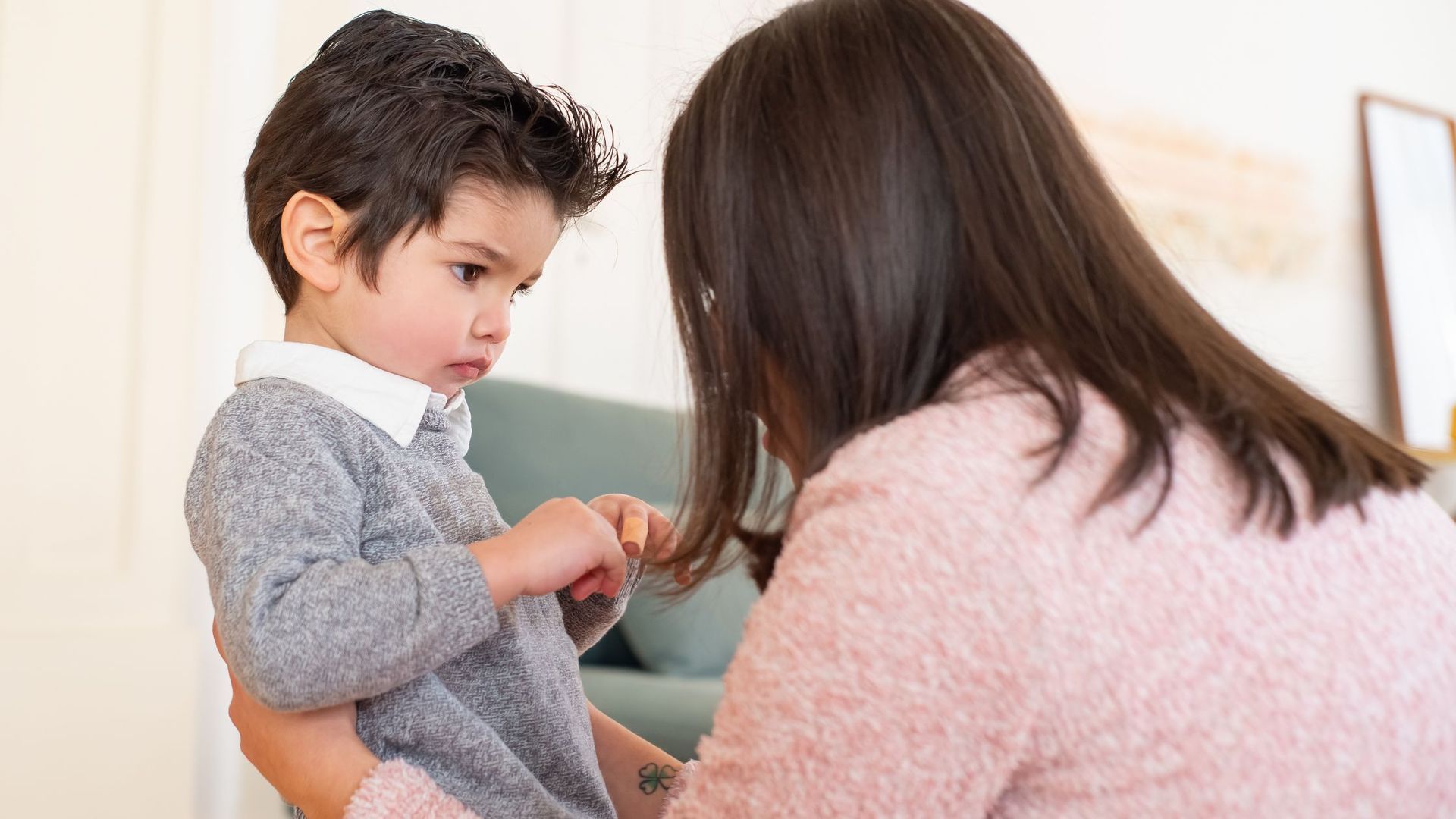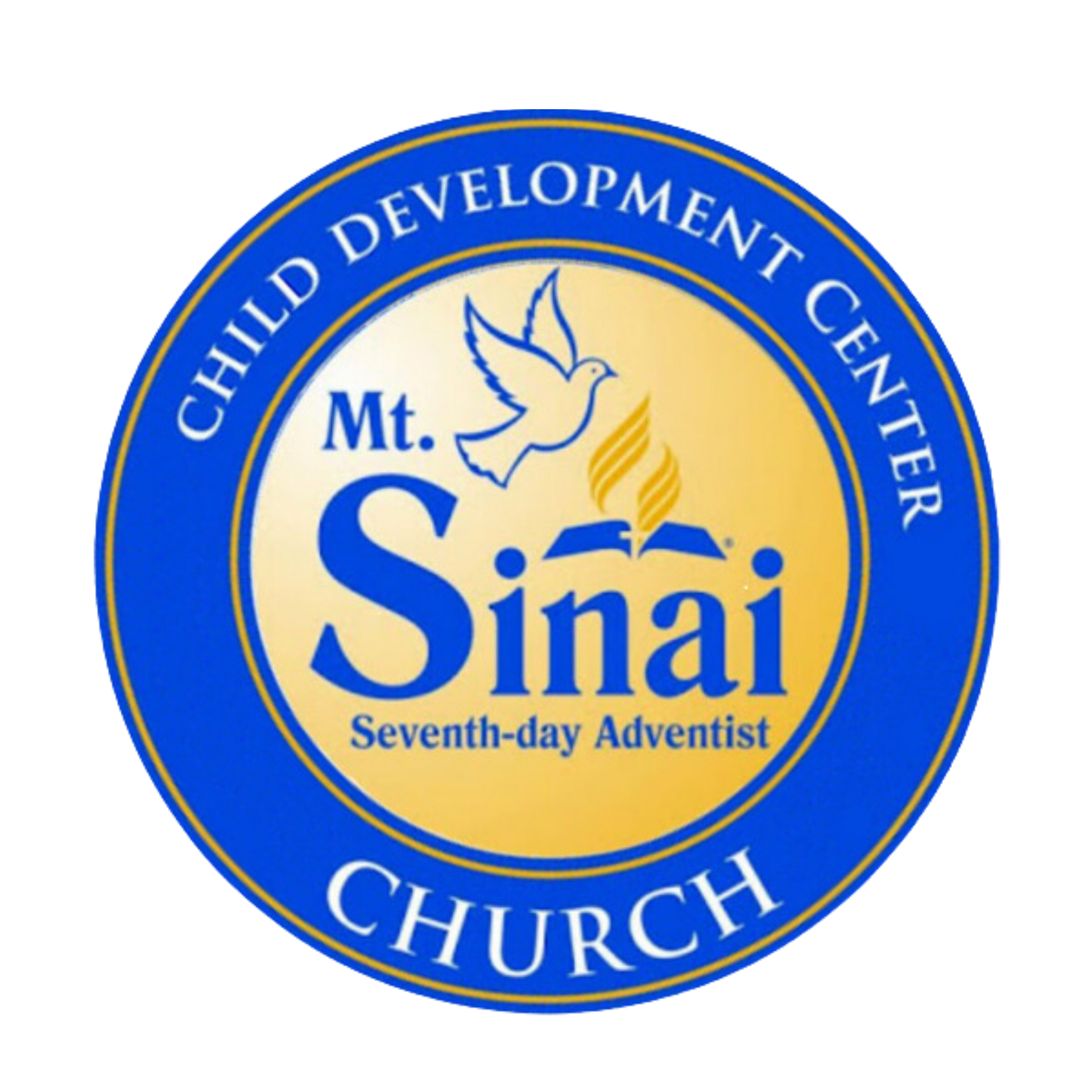The Power of Faith-Based Early Childhood Education: Why It Matters

Early childhood is a critical period in human development, laying the groundwork for cognitive, social, emotional, and spiritual growth. Integrating faith-based principles into early childhood education offers a holistic approach that nurtures not only intellectual abilities but also moral and spiritual values. At Mt. Sinai Child Development Center, we are committed to intertwining faith with education to cultivate well-rounded individuals grounded in strong ethical and spiritual foundations.
The Role of Faith in Early Childhood Education
Faith-based education provides a framework for children to understand concepts such as kindness, empathy, integrity, and respect. By incorporating spiritual teachings into daily activities, children develop a moral compass that guides their interactions and decisions. This integration helps children comprehend the importance of values like honesty and compassion, which are essential for building strong character.
A significant advantage of a Christian preschool is that it cultivates spiritual growth and nurtures a child's faith. Through age-appropriate Bible lessons, prayer times, and worship experiences, children develop a deeper understanding of their faith and establish a personal relationship with God from an early age. This foundation serves as a guiding light throughout their lives, enabling them to make meaningful choices rooted in their beliefs.
Benefits of Faith-Based Early Childhood Education
- Moral Development: Children learn the importance of honesty, kindness, and responsibility through faith-centered stories and activities. These teachings help instill a strong sense of right and wrong, encouraging children to act ethically in various situations.
- Sense of Community: Being part of a faith-based institution fosters a sense of belonging and encourages supportive relationships among peers and educators. This communal environment helps children feel secure and valued, promoting social development and cooperation.
- Emotional Well-being: Spiritual teachings can provide comfort and coping mechanisms, helping children navigate their emotions and challenges. Understanding that they are part of a larger faith community offers reassurance and support during difficult times.
- Cultural Awareness: Exposure to faith traditions and values broadens children's understanding and appreciation of diverse cultures and beliefs. This awareness fosters respect and acceptance of others, preparing children to thrive in a multicultural society.
- Character Building: Faith-based education emphasizes virtues such as patience, humility, and gratitude. By learning and practicing these virtues, children develop strong character traits that will serve them throughout their lives.
- Service Orientation: Engaging in community service and acts of kindness as part of the curriculum teaches children the value of helping others. This service-oriented mindset encourages altruism and social responsibility.
Faith-based early childhood classrooms provide our youngest learners with a safe emotional and spiritual environment. Children are taught to be respectful and to love one another, and conflicts are discouraged. The teachers in these settings consistently allow students to be themselves and to express their ideas freely without being judged by their schoolmates or teachers.
Implementing Faith in Daily Learning
At Mt. Sinai Child Development Center, faith is seamlessly integrated into the curriculum through various methods:
- Storytime: Sharing age-appropriate biblical stories that impart moral lessons. These stories provide relatable examples of virtues and ethical behavior, helping children understand and internalize these concepts.
- Music and Arts: Incorporating faith-based songs and creative activities that celebrate spiritual themes. Music and art offer expressive outlets for children to explore and express their faith, enhancing their spiritual development.
- Community Service: Engaging children in simple acts of kindness and service projects to instill a sense of giving and compassion. Participating in community service helps children learn the importance of helping others and contributes to their social and moral development.
- Prayer and Reflection: Incorporating moments of prayer and reflection into the daily routine allows children to connect with their spirituality and develop a habit of mindfulness. This practice fosters inner peace and a sense of connection to a higher power.
- Celebrating Religious Holidays: Observing and learning about various religious holidays helps children understand and appreciate their faith's traditions and customs. These celebrations provide opportunities for communal activities and reinforce the values taught in the curriculum.
By bringing together like-minded individuals who share common values and beliefs, faith-based schools foster a sense of belonging and community. This sense of community is instrumental in developing children's social and emotional well-being.
Curriculum Examples in Faith-Based Early Childhood Education
Several faith-based curricula have been developed to support the integration of spiritual teachings in early childhood education:
- WEE Learn Curriculum: A comprehensive curriculum plan that contains ample teaching suggestions for using books, music, nature, and toys to illustrate Christian fundamentals. It provides age-appropriate learning activities designed to lay a foundation for understanding God, Jesus, the Bible, church, self, family, others, and the natural world.
- ABCJesusLovesMe: Offers five comprehensive, research-based curricula for ages 1-5 that focus on academics, development, and Bible learning through play. This curriculum equips adults with materials needed to be intentional in educating children, integrating faith into everyday learning experiences.
- Pebbles: A Faith-Based Early Childhood Curriculum: Designed for birth through pre-kindergarten children, this curriculum meets developmental performance standards and emphasizes the philosophy and objectives of Christian education. It incorporates a natural cycle of learning to honor all children's learning styles.
- First Look Preschool Curriculum: Combines child development and theology to help preschoolers grow authentic faith. It aims to influence the faith and future of preschool children by integrating spiritual teachings into their developmental journey.
Long-Term Impact of Faith-Based Early Childhood Education
The benefits of faith-based early childhood education extend beyond the immediate developmental years. Students who receive such education often exhibit:
- Stronger Moral Reasoning: Having been taught clear moral principles and ethical values from an early age, these children grow into adolescents and adults who can better discern right from wrong, make responsible decisions, and consider the well-being of others.
- Academic Success: The structured, nurturing environment of faith-based programs often leads to better classroom behavior, focus, and motivation. These traits contribute to long-term academic achievement and a positive attitude toward lifelong learning.
- Resilience and Inner Peace: When children are taught to turn to faith during moments of uncertainty, they develop coping strategies that help them face adversity with hope and strength. This inner resilience supports mental health and emotional balance as they grow.
- Stronger Family and Community Bonds: Faith-based learning environments often involve parents and community members in the educational journey. This cultivates a support system that extends beyond the classroom, helping children thrive within a loving and involved network.
- Leadership and Service Mindset: Emphasizing servant leadership, compassion, and humility from a young age leads to adults who are committed to making a positive difference in their communities. Many graduates of faith-based schools pursue careers or volunteer opportunities that reflect a desire to serve and uplift others.
- Lifelong Spiritual Connection: Early exposure to spiritual teachings, prayer, and a faith community often results in a lifelong relationship with God. This connection provides purpose, peace, and guidance through all stages of life.
At Mt. Sinai Child Development Center, we are committed to nurturing young minds through our unique approach to early childhood education, while also building character through faith-based learning to foster a strong moral foundation.
Conclusion: Nurturing the Whole Child—Mind, Body, and Spirit
At Mt. Sinai Child Development Center, we believe that education should do more than teach letters and numbers—it should shape character, instill values, and nurture a deep sense of purpose and faith. Our faith-based approach to early childhood education ensures that children grow in wisdom, kindness, empathy, and spirituality, becoming compassionate individuals who are prepared to lead with integrity and grace.
By embracing both academic excellence and spiritual development, we create an environment where children can flourish in every sense. The impact of this early foundation is profound and lasting, influencing not only how children learn but how they live, love, and lead.















